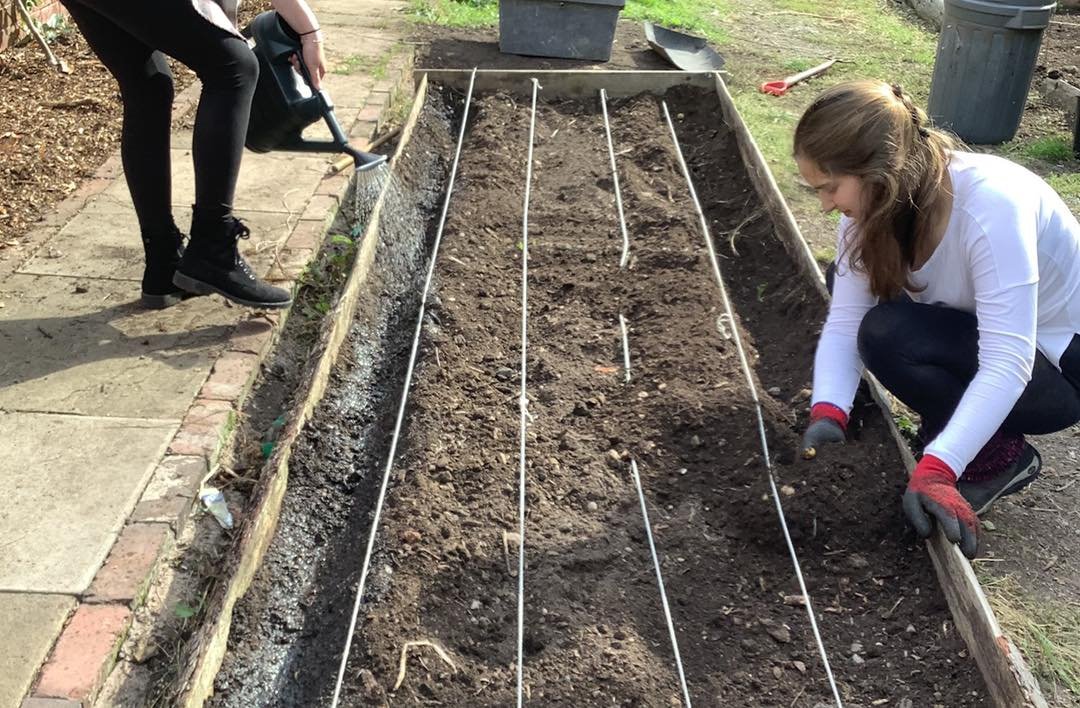Waldorf Matters … Nature as a source of wonder
Next in our weekly blog series about Waldorf Education we consider the role the natural world plays in the curriculum at Elmfield.
The desire to take education outside is a key principle for all at Elmfield.
Such an approach allows students to connect with nature and develop a deeper understanding of the curriculum. After all, Steiner noted that: "the education of the senses is the first step towards a true understanding of the world."
One of the main goals of outdoor education at Elmfield is to foster a sense of wonder and curiosity in children. We believe that children should be encouraged to explore the natural world and discover its beauty and complexity on their own. Steiner put it best when he said: "Nature is the source of wonder, and the child should be allowed to experience it without any interference." By allowing children freedom to explore and discover the natural world on their own, they can develop a deep sense of wonder and curiosity that will stay with them throughout their lives.
Taking education outside also plays a crucial role in helping children develop a sense of responsibility and stewardship for the natural world. Steiner believed that it is important for children to understand that they are part of the natural world, and that they have a responsibility to care for it: "the child should be taught to see himself as a part of the whole, and should learn to appreciate the beauty and harmony of the natural world." In lessons such as Gardening, our Permaculture Main Lesson and our Woodland School sessions, children can learn about the importance of protecting the environment and preserving natural resources for future generations.
In addition to fostering a sense of wonder and responsibility, education outside can also help children develop important physical and mental skills. At Elmfield, we are clear that children should be encouraged to engage in outdoor activities that challenge them physically and mentally. In the words of Steiner: "the child should be taught to overcome obstacles and to push his limits." Through outdoor activities such as hiking, climbing, and camping, children can develop important physical and mental skills such as strength, endurance, and problem-solving.
Working outdoors can also have a positive impact on children's mental health. Studies have shown that spending time in nature can reduce stress and anxiety, and improve overall well-being. Steiner believed that children should be encouraged to spend as much time as possible in nature, as it has a calming and rejuvenating effect on the mind and body. He noted that: "Nature is the best teacher, and it can help the child to find inner peace and balance."
In conclusion, outdoor education is an essential part of our curriculum at Elmfield. It allows children to connect with nature and develop a deeper understanding of the world around them. Through outdoor activities and exploration, children can develop a sense of wonder and curiosity, responsibility and stewardship for the natural world, important physical and mental skills, and a positive impact on their mental health. As Steiner stated: "the education of the senses is the first step towards a true understanding of the world," and this is especially true at Elmfield.





